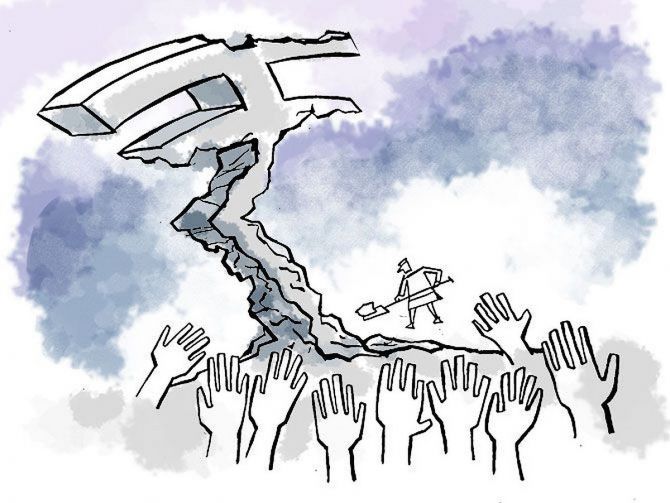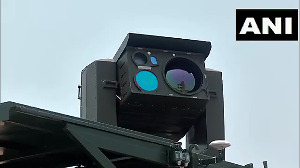The expectations of a borrowing cut by the government faded among bond-market participants after the general election results because they feel the compulsions of running a coalition may put pressure on the exchequer, according to dealers.

The recent trend of moderate depreciation in the rupee’s nominal effective exchange rate (NEER) might not persist if there are significant changes to the structural reform agenda.
While the Bharatiya Janata Party-led (BJP-led) National Democratic Alliance (NDA) was able to cross the majority mark, the BJP did not get a majority of its own.
The BJP will need support from regional parties like the Telugu Desam Party and Janata Dal (United), which are demanding special packages for their states (Andhra Pradesh and Bihar) in exchange of their support at the Centre.
The bond market anticipates that the Reserve Bank of India (RBI) will continue conducting buyback auctions to manage the government’s surplus cash.
“The management of cash will not be through cancelling auctions.
"It will be done through buybacks.
"Other than that they can resort to auctioning the government fund, which is repo,” said Vikas Goel, managing director (MD) and chief executive officer (CEO), PNB Gilts.
“Expenditure will be fast-paced because of the nature of the government coming in.
"There will be a lot of pressure to spend quickly,” he added.
After the RBI’s record surplus transfer to the government, bond traders had hoped the government might reduce its gross borrowing for this financial year.
The RBI approved a dividend of Rs 2.11 trillion for the central government for FY24, marking an increase of approximately 141 per cent from FY23.
Additionally, the contingency risk buffer (CRB) has been raised to 6.5 per cent from the previous 6 per cent.
The yield on the benchmark 10-year government bond settled at 7.03 per cent as against 7.04 per cent on Tuesday.
The rupee closed at Rs 83.38 against the dollar as against Rs 83.53 on Tuesday.
Volatility in the rupee market is expected to continue until the full Budget.
However, the RBI may intervene in the market to avoid any sharp depreciation beyond Rs 83.60 per dollar, said dealers.
“Beyond the immediate risk of portfolio outflows and carry trade unwinds from the election uncertainty, we also see potential medium-term implications from election results.
"The RBI may be even more determined to build up large foreign exchange reserve buffers.
"Also, the trend of more moderate INR NEER depreciation in recent years may not continue if there are changes to the structural reform agenda,” said HSBC in a note.
On the other hand, the benchmark bond yield is expected to remain in the range 7-7.05 per cent as a peak in the interest rate cycle, coupled with favourable supply and demand conditions, is expected to continue to support lower bond yields.












 © 2025
© 2025